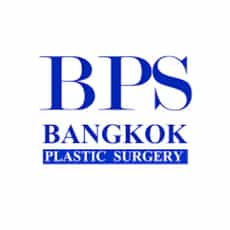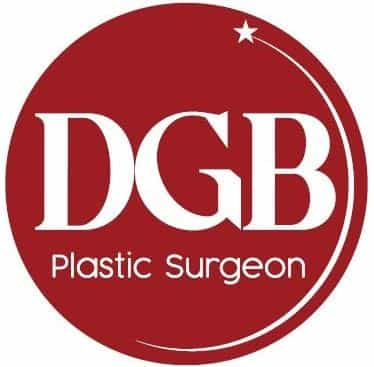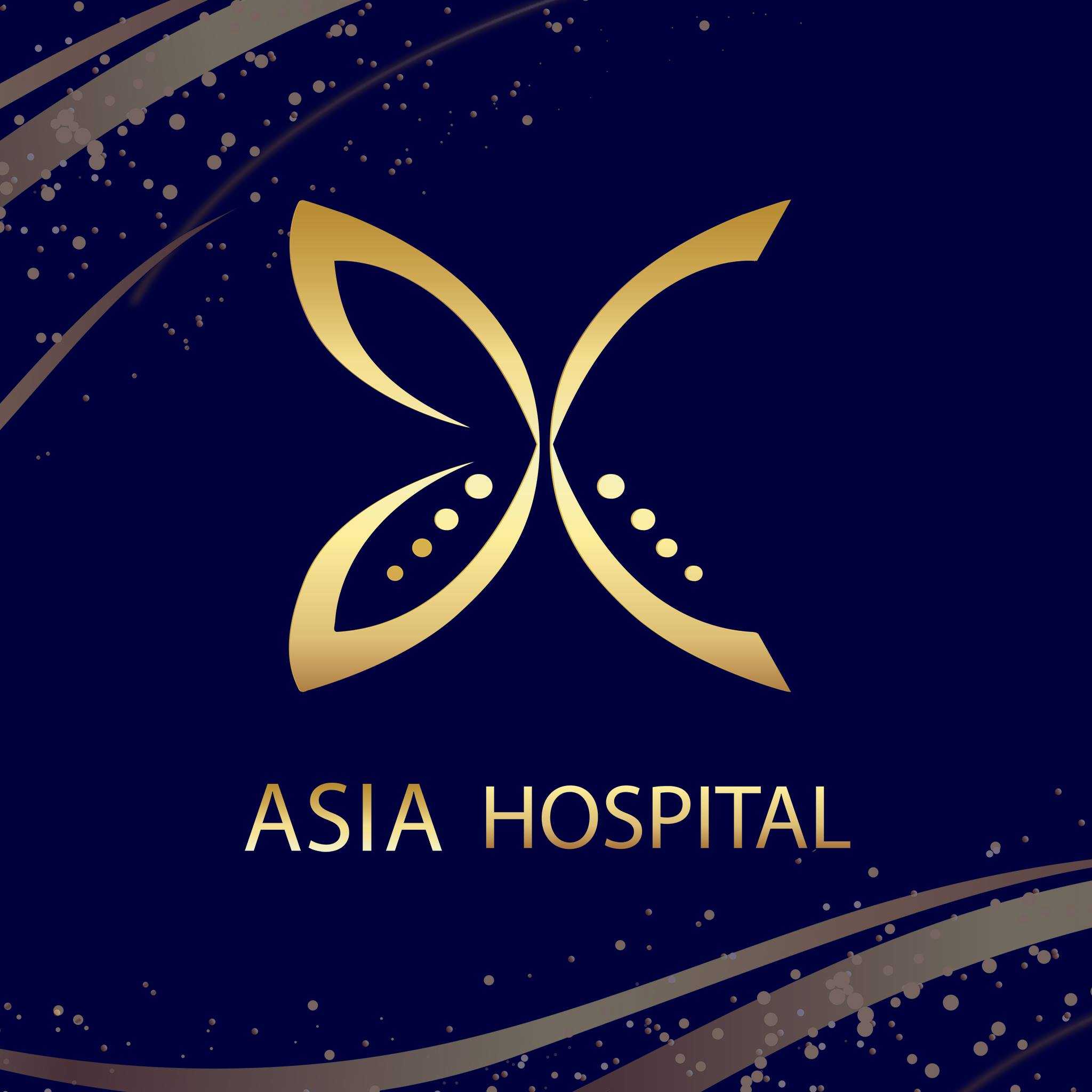Is Plastic Surgery in Thailand Safe? Your Complete Guide to Quality and Care
.png)
The question on every medical tourist's mind is a crucial one: is it safe to get plastic surgery in Thailand? The short answer is a resounding yes, provided you do your research and choose a reputable, internationally accredited hospital and a board-certified surgeon. Thailand has earned its reputation as a top global destination for medical tourism not just for its affordability, but for its commitment to high safety standards, state-of-the-art technology, and highly skilled surgeons.
While any surgery, anywhere in the world, carries inherent risks, Thailand's premier medical facilities operate on par with the best hospitals in the United States and Europe. This blog post will serve as your detailed guide, answering the most pressing questions about the safety of undergoing cosmetic procedures in the Land of Smiles. We'll cover everything from hospital accreditation and surgeon qualifications to potential risks and how to ensure you have a safe and successful experience.
What makes plastic surgery in Thailand a safe option?
"The safety of plastic surgery in Thailand is anchored by its large number of internationally accredited hospitals, stringent healthcare regulations, and highly qualified surgeons who are often trained in Western countries. The focus on quality and patient safety in top-tier facilities is a primary reason for its global popularity."
Thailand is not just a cheap place to get surgery; it's a hub of medical excellence. As of 2025, the country boasts over 60 hospitals accredited by the Joint Commission International (JCI), a U.S.-based organization that is recognized as the gold standard in global health care. This accreditation means the hospital's standards for patient care, safety protocols, and hygiene are equivalent to those in the best hospitals worldwide.
Furthermore, the competition among private hospitals to attract international patients has driven a continuous investment in the latest medical technology and the recruitment of top surgical talent. This environment fosters a culture of safety and quality that benefits every patient.
Are Thai plastic surgeons qualified?
"Yes, plastic surgeons at Thailand's leading hospitals are highly qualified, board-certified, and often have extensive international training and experience. Many are members of global organizations like the International Society of Aesthetic Plastic Surgery (ISAPS)."
A common misconception is that lower costs must mean lower qualifications, but this is not the case in Thailand. Many of the country's top plastic surgeons have completed fellowships and additional training in the United States, UK, Australia, or other Western nations. They are fluent in English and are experts in the latest surgical techniques.
Before choosing a surgeon, you should always verify their credentials. Reputable clinics will have this information readily available on their websites, including the surgeon's educational background, board certifications, and years of experience.
What are the main risks I should be aware of?
"The main risks of getting plastic surgery in Thailand are the same as anywhere else—infection, complications from anesthesia, blood clots, and unsatisfactory results. Additional risks related to medical tourism include the challenges of long-haul travel after surgery and coordinating follow-up care from your home country."
It's crucial to be realistic. Every surgical procedure has risks. Top hospitals in Thailand mitigate these risks through rigorous pre-operative screenings and sterile operating environments. However, the patient plays a vital role in their own safety. Following all post-operative care instructions, such as wound care and activity restrictions, is essential.
Traveling long distances soon after surgery can increase the risk of deep vein thrombosis (DVT), or blood clots in the legs. For this reason, surgeons will recommend you stay in Thailand for a specific recovery period (usually 7-14 days) before you are cleared to fly home.
How do I choose a safe clinic or hospital?
"To choose a safe clinic, you must prioritize JCI accreditation, verify your surgeon's board certification, read extensive patient reviews, and examine before-and-after photo galleries. A thorough virtual and in-person consultation is also non-negotiable."
Here is a checklist for vetting a potential clinic:
-
Look for JCI Accreditation: This is the most important indicator of a hospital's commitment to safety and quality.
-
Investigate the Surgeon: Go beyond the clinic's website. Look up the surgeon’s name, their certifications, and any papers they may have published.
-
Analyze Patient Reviews: Look for detailed reviews on independent platforms that discuss not just the results, but the entire patient experience, including communication and aftercare.
-
Demand a Clear Consultation: Your surgeon should explain the procedure, benefits, and all potential risks in detail. They should listen to your goals and give you realistic expectations.
-
Ensure Transparent Pricing: A trustworthy clinic will provide a detailed quote with no hidden costs.
What happens if there are complications after I return home?
"This is a key risk of medical tourism. Reputable Thai clinics mitigate this by providing clear post-operative instructions and being available for virtual follow-up consultations. Some international medical tourism agencies also offer revision surgery warranties or insurance for added peace of mind."
Before you book, ask the clinic about their protocol for handling complications for international patients. How can you contact your surgeon? Who covers the cost if a revision is needed? While rare, knowing the plan for a worst-case scenario is part of responsible surgical planning. Many patients establish a relationship with a doctor in their home country who can assist with minor follow-up care.
What about the language barrier?
"At major international hospitals in Thailand, a language barrier is not a significant issue. Surgeons, key medical staff, and dedicated international patient coordinators are fluent in English."
These hospitals are designed to cater to a global clientele. From your first email inquiry to your final check-up, you will be communicating with staff who can understand your needs and answer your questions clearly. Many hospitals also provide interpreters for other languages if needed.
Is the lower cost a reflection of lower quality?
"No, the lower cost of plastic surgery in Thailand is not due to a drop in quality or safety. It is a direct reflection of the country's lower cost of living, which includes lower operational costs, staff salaries, and medical supply expenses."
You are often receiving care in a facility that is just as, if not more, advanced than one in your home country, with a surgeon of equal caliber. The price difference is purely economic, allowing patients to access world-class care without the world-class price tag.
Ready to explore your options for safe and affordable plastic surgery? PlacidWay connects you with a global network of accredited hospitals and board-certified surgeons. Take the next step with confidence. Explore vetted and trusted plastic surgery solutions with PlacidWay today!


.png)
.png)













Share this listing